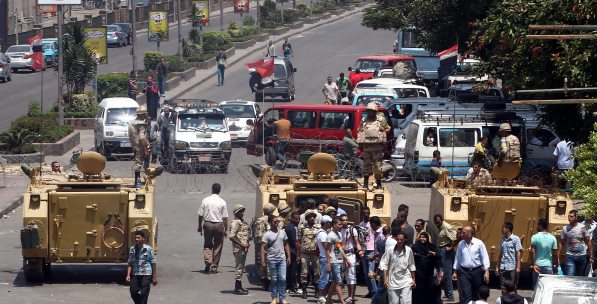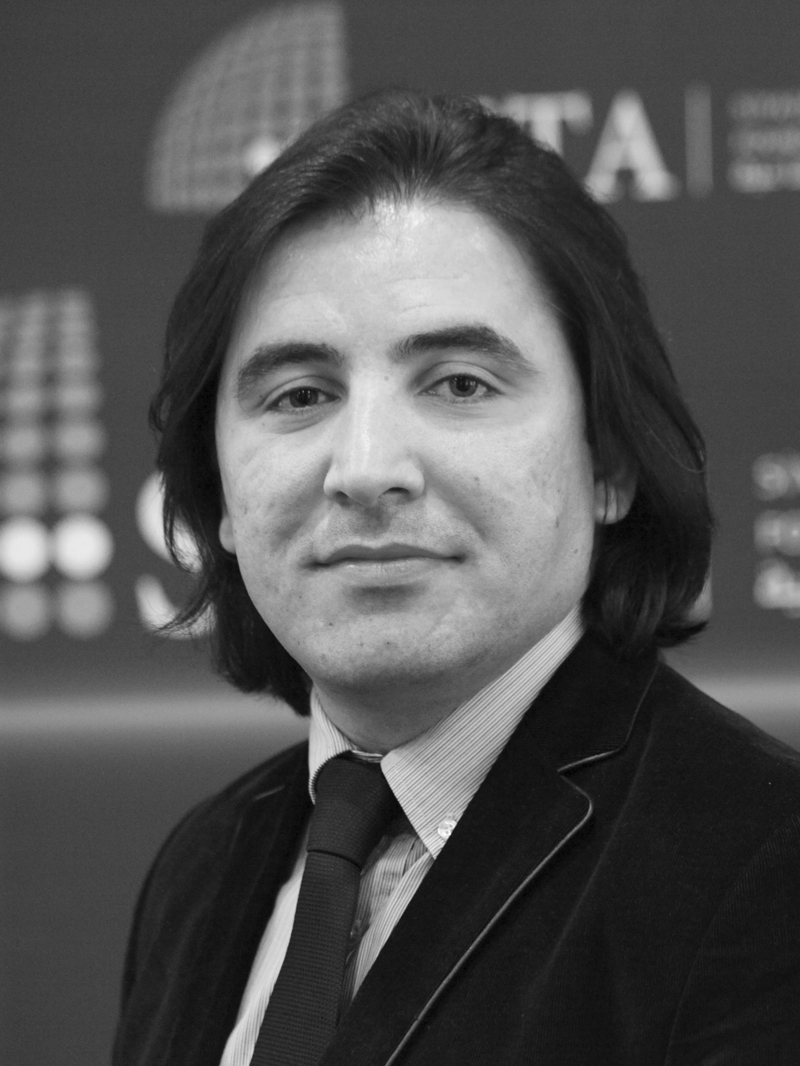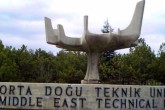On July 3, Egypt’s one-year-old experiment with democracy was brought to an end by the military coup. The termination of Egypt’s fledgling democracy was accompanied by the arbitrary arrests of democratically elected president and other officials, the witch hunt of the Muslim Brotherhood members, and a series of massacres. This coup has not only crashed Egypt’s one year old democratic experiment, but it has also ushered in a period of pessimism for the forces that have envisioned a democratic future for the region, while it has lit the green light to the authoritarian regional regimes that they can continue to do the things the way they have been accustomed to, as long as they possess the means to forcefully suppress their people’s aspirations.
While Egypt’s military led coup leaders have been in a victorious and upbeat mood since the coup, there has been a completely opposite picture among Turkey’s coup plotters and deep state elements on August 5, as Ergenekon case’s verdicts were read out.
Initially launched in 2007 after the discovery of a cache of arms in Istanbul’s Umraniye district,the Ergenekon case has since then expanded into a broader case comprising 23 different files and a total of 275 defendants. The defendants were made up of a group of staunchly secular – nationalist high ranking military officers including Ilker Başbuğ, a former Chief of General Staff, top bureaucrats, academics and journalists. Of the 275 defendants, 254 were convicted on that day for plotting extrajudicial killings and bombings, and inducing an atmosphere of fear in order to prepare the ground for a military coup to topple the Islamically-sensitive AK Party government. Of convicts, 17 people received life sentences; Ilker Basbug and 13 others were high ranking military officers. Therefore, when the day of judgment finally arrived, the mood of Turkey’s coup plotters was in stark contrast to the mood of jubilant coup camps in Egypt.
Despite these differences in mood, these two incidents brought to public attention the ever present issue of civil-military relations in both countries. Both Egyptian and Turkish armies have wielded disproportionate influence on the political course of their respective countries. Their roles were not confined to security sectors, as expected from an army in a democratic political sphere. Instead, they have had a more expansive reading of their self-appointed roles. They have regarded it only natural to elaborate on the acceptable course of their respective countries’ politics and maintain a great presence in their economies. Whenever they thought that elected civilian governments were straying away from the course acceptable to them, they did not shy away from intervening in politics or toppling the elected governments.
Yet, in recent years, Turkey has witnessed a dramatic change in civil-military relations. The civilian government seems to rein in once powerful generals. This picture begets some questions: What were the factors leading the Turkish army to be so coup prone previously? How has the civilian government reined in the military in recent years? Finally, Does Turkey’s experience have any relevance for Egypt’s coup plotters?
THE ROOTS OF THE COUP CULTURE
A cursory examination of Turkey’s military’s role in the political system reveals two paramount factors that motivate military to be so coup-prone in its interaction with civilian politics. First, the military was the first institution to undergo the process of modernization during the late period of Ottoman Empire. The military was not only the first institution to be modernized, it also undertook the job of modernizing the rest. Moreover, a significant portion of modern Turkey’s founding fathers had a military career. They regarded themselves as being the bearers of Western modernity and progress. They believed that their role did not only entail creating a new state but also a new ‘people’, to be formed top-down through state-machinery.
To put it more explicitly, they believed that it is only t



